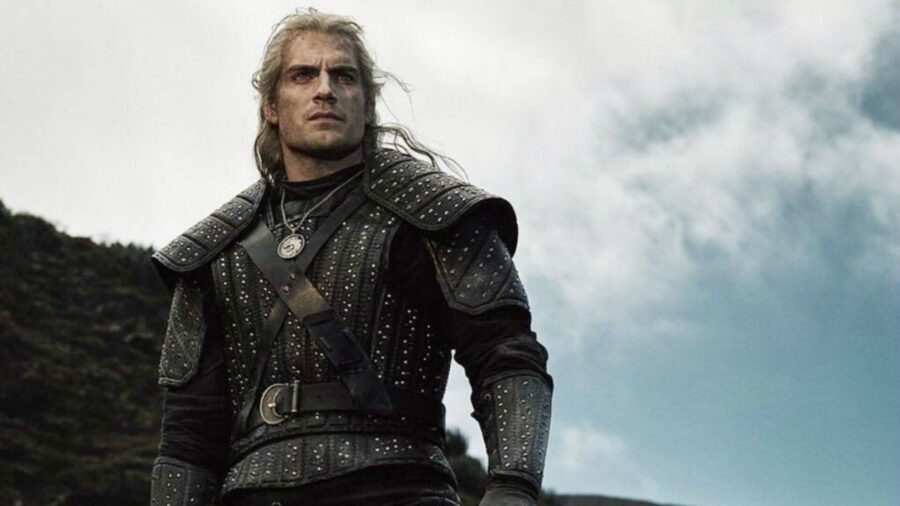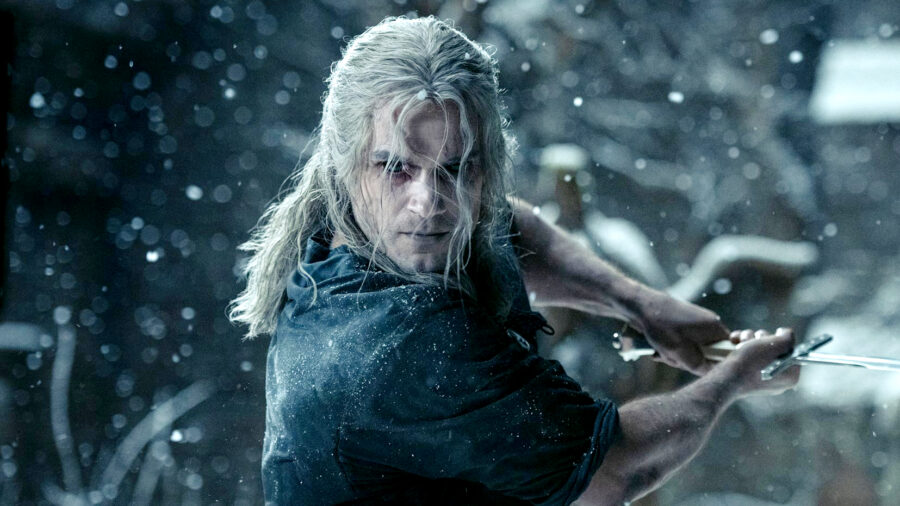The Witcher On Netflix Is Dumbed Down Because Of Americans And Young People According To Producer

Since its release in 2019, The Witcher has faced criticism from Netflix viewers for frequently diverging from the source material. The result has been simplistic plots that fall short compared to Andrzej Sapkowski’s novels. Interestingly, executive producer Tomek Baginski says the show deliberately keeps things simple to cater to a younger, predominantly American audience.
“When a series is made for a huge mass of viewers, with different experiences, from different parts of the world, and a large part of them are Americans, these simplifications not only make sense, they are necessary.”
Tomek Baginski, executive producer of The Witcher
Baginski made the revelation in a recent interview via PC Gamer, explaining that a more complex and subtle approach to storytelling would fail to attract a broad audience. “When a series is made for a huge mass of viewers, with different experiences, from different parts of the world, and a large part of them are Americans, these simplifications not only make sense, they are necessary,” he said.
“It’s painful for us and for me too, but the higher level of nuance and complexity will have a smaller range, it won’t reach people. Sometimes it may go too far, but we have to make these decisions and accept them,” Baginski said of The Witcher, which is currently in its third season on Netflix. The producer also blamed the simplification of the series on young people’s obsession with social media.

In a separate interview, Baginski cited platforms like TikTok and YouTube, which he believes have shortened the attention spans of most young people. “The audience changes; it’s not like… It all changes. When it comes to shows, the younger the public is… the logic of the plot is less significant.” He believes that all these folks care about is emotion.
“It’s painful for us and for me too, but the higher level of nuance and complexity will have a smaller range, it won’t reach people. Sometimes it may go too far, but we have to make these decisions and accept them.”
Tomek Baginski
“Just pure emotions. A bare emotional mix,” Baginski said of younger viewers tuning in to The Witcher on Netflix. “Those people grew up on TikTok and YouTube; they jump from video to video.” He also had some serious advice for young people, saying, “Dear children, what you do to yourself makes you less resilient for longer content, for long and complicated chains of cause and effect.”
Interestingly, The Witcher season three makes significant strides in staying true to the novels. This is partly because the source material, Time of Contempt, provides a much more eventful narrative than Blood of Elves, on which season two was based. However, the latest installment does have substantial plot changes concerning politics and Yennefer of Vengerberg’s storyline.
In the behind-the-scenes feature, The Witcher: Making Season 3, now available on Netflix, Baginski explains the decision to simplify the political complexities in the books. Instead, they chose to make Yennefer the driving force behind the creation of the Conclave of Mages.
In the books, the Conclave is organized by the mage Vilgefortz of Roggeveen, who gains recognition as the “Hero of Sodden” for leading the mages to victory in the Battle of Sodden Hill. This victory subsequently facilitates the retreat of Nilfgaardian forces from the Northern Kingdoms, effectively ending the First Nilfgaardian War.
“The audience changes; it’s not like… It all changes. When it comes to shows, the younger the public is… the logic of the plot is less significant.”
Tomek Baginski
However, in The Witcher on Netflix, it is Yennefer who takes on the role of the savoir at Sodden Hill, briefly mentioning in season two that Vilgefortz would eventually earn that title due to political reasons. In the books, Vilgefortz was aware of the aftermath of the Conclave because he had already formed an alliance with Emperor Emhyr var Emreis of Nilfgaard.
Their plan involved bringing together the most influential mages from the Northern Kingdoms in one place. The mages were the primary reason for Nilfgaard’s defeat in the previous war, and the intention was to eliminate them all. In the show, Vilgefortz and Emhyr did not have a specific plan.
Instead, the gathering of powerful mages at the Conclave was a coincidence resulting from Yennefer’s actions. Her motivation for gathering the mages was quite different and a direct result of another significant change from the novels, which can be seen in The Witcher season two on Netflix.
The third season of The Witcher, which also marks Henry Cavill’s final appearance as Geralt of Rivia, has been released on Netflix. While the first half of the season enjoyed relatively good viewership numbers, the second batch of episodes has experienced a slump, with only 597,000 U.S households tuning in the first four days of its release.












